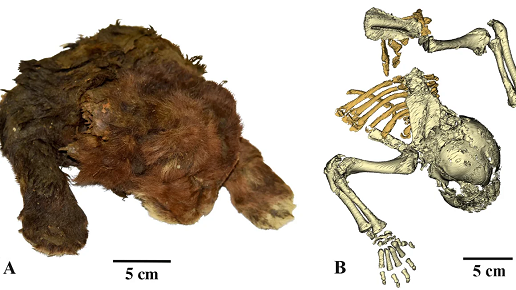The worldwide epidemic is getting worse and outbreaks among migrant workers are occurring. Their poor living spaces are also receiving a lot of attention. Migrant workers in high-risk areas such as small dormitories that lack sanitation and cleanliness or those not prioritized to receive vaccination are a cause for concern. Migrant workers face a much higher risk compared to other social groups.
United Nations officials are calling out to countries all over Asia to support migrant workers in vaccination because Asian countries account for 40% of the world's migrant worker population. Taiwan lists migrant workers as the 6th state-funded vaccine target in social welfare occupations working in long-term care facilities and vaccinations will begin in April. Migrant workers who work as caretakers at home are not among the prioritized for vaccinations. However, due to the storage of vaccines in Taiwan, the supplement for migrant workers will also have to be delayed.
Read more: Tainan City Government to inspect migrant worker dormitories for COVID-19 prevention
0612.jpg) Taiwan learns from other countries how to protect the human rights of migrant workers. (Photo / Retrieved from China Times)
Taiwan learns from other countries how to protect the human rights of migrant workers. (Photo / Retrieved from China Times)
- Japan 日本
Japan recently proposed that foreigners can receive free vaccination for as long as they register and set appointments in accordance with official regulations. Japan is currently holding vaccinations for everyone in phases and will soon be open to the public in July. To simplify the process for foreigners, relevant vaccine information will be translated into 17 languages.
- South Korea 韓國
South Korea announced that foreigners including legal and illegal migrant workers can obtain vaccination once the process begins. The application procedures for local South Koreans will be the same. Country officials promised that migrant workers do not have to worry about their vaccinations and their length of stay. There will be no deportation.
However, according to the local media, lack of relevant vaccine information along with changes in epidemic prevention measures for migrant workers, migrant workers are beginning to worry that they will be excluded from the vaccine plan.
Read more: Taiwanese YouTuber Wei Zeng shares Taiwanese fried chicken in the streets of Australia
- Hong Kong 香港
At the end of April, Hong Kong announced plans for mandatory screening and vaccination for all migrant workers, requiring 370,000 of them to receive the vaccination. Foreign migrant workers who want to work in Hong Kong must apply for a working visa as well as a vaccination certificate.
However, this policy soon received criticism from the Philippine and Indonesian governments as well as human rights organizations. They believe that Hong Kong's plan was a kind of discrimination towards migrant workers because they are separated from the common public and labeled as "high-risk" groups. This arose from the fact that there are no such requirements for other white-collar citizens in the city.
Later, in mid-May, the mandatory vaccination plans for migrant workers were suspended. However, there will still 1 round for each general screening and individual screening for migrant workers. Currently, the vaccine supply in Hong Kong is sufficient for both citizens and migrant workers.
0612.jpg) Singapore experienced an outbreak among migrant workers living in dormitories. (Photo / Retrieved from Getty Images)
Singapore experienced an outbreak among migrant workers living in dormitories. (Photo / Retrieved from Getty Images)
- Singapore 新加坡
Singapore made international media headlines back in 2020 due to the outbreak among clusters of migrant workers living in dormitories. More than half of 300,000 migrant workers all over the country were diagnosed, responsible for 90% of the country's total confirmed cases. According to a post from The Straits Times, earlier this year in March, Singapore provided vaccinations to the five largest migrant worker dormitories even before the outbreak. By May, more than 42,000 migrant workers were vaccinated, accounting for 13-15% of the country's migrant population. The Singapore government promised to expand vaccine services to other migrant groups in the future.
- Malaysia 馬來西亞
Malaysia also experienced an outbreak among migrant workers. The country has a population of around 3 to 5 million migrant workers, and it was announced in April this year that all migrant workers will undergo a large-scale vaccination process. The Ministry of Health of Malaysia stated that employers will be responsible for vaccine registration among legal migrant workers. As for overstaying migrant workers, they will still be receiving vaccinations. This is scheduled to begin in June by the time vaccine supply becomes sufficient.

0612.jpg)





